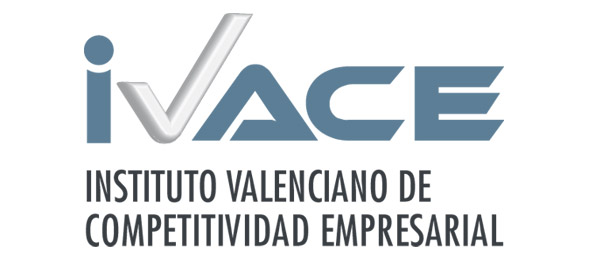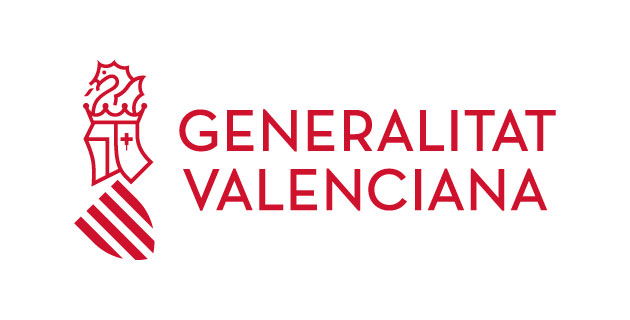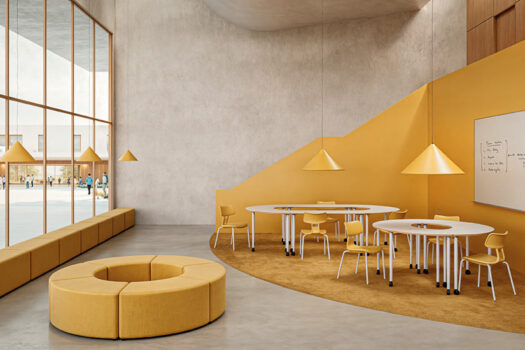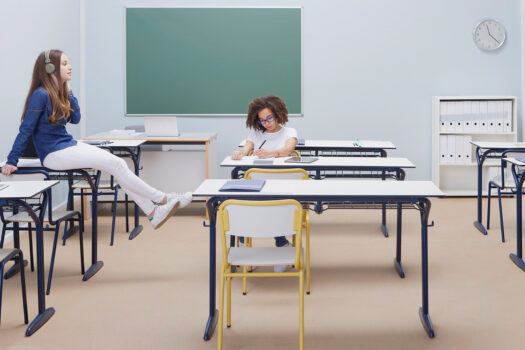The Instituto de Biomecánica de Valencia (IBV) studies the behavior of the human body and its relationship with the products, environments, and services people use. Created in 1976, it collaborates with Valencian companies to help them innovate technologically. Furthermore, they certify the quality of their products and their compliance with international standards.
At FG, we have been working closely with the IBV for years, which has played a crucial role in the development of our new “Actiflex” collection, which adapts to new educational methodologies.
We spoke with Rosa Porcar Seder, Director of Internationalization at IBV, about the institute’s work and school furniture.
IBV combines knowledge from biomechanics and ergonomics and applies it to improve the competitiveness of the business sector. What benefits do companies gain by collaborating with IBV? In which areas do you help them improve?
Rosa Porcar: Collaborating with an innovation center that has leading cross-cutting knowledge in ergonomics and biomechanics and the ability to apply them practically based on the company’s needs is a competitiveness accelerator. In a short time, qualitative leaps in market positioning can be made through the products and their innovative justification.
We are at the service of companies, especially those in the Valencian region, throughout the entire innovation process, from identifying the problem, supporting the application for grants, to, of course, technical activity and scientific-technical communication of the same.
How is emotional engineering defined and how can it be a factor for improvement for these companies?
Rosa Porcar: Emotional engineering is an attempt to mathematize perceptions of products and environments by relating them to the elements that make them up. The goal is to predict what response and acceptance different designs will have before they are produced. Since perceptions are related to the purchase decision, this information is essential for competitiveness. While there has been some skepticism in the design world regarding these techniques, they have proven to be highly accurate, and they do not replace creativity; instead, they help channel it toward winning proposals.
What types of business sectors do you collaborate with?
Rosa Porcar: We collaborate with all companies that can improve their competitiveness through our know-how, with a special focus on the Valencian territory.
Why is it important for products intended for school use, such as furniture, to meet all ergonomics and quality standards and certifications?
Rosa Porcar: As an old advertisement said, “A good present prepares a good future.” And the future of our society lies in the care we take in providing the best conditions for those who will be making decisions in just a few years.
What principles should school furniture follow? Are there different requirements for different educational stages, i.e., if the furniture is intended for three-year-olds, ten-year-olds, teenagers, or university students?
Rosa Porcar: The principles, in order of priority, are: health, functionality, and emotion. These three requirements change over the years, as children’s abilities, the activities they perform, and their understanding of the world become increasingly complex.
How do you collaborate with FG in certification and the development of other new products?
Rosa Porcar: We like to think of ourselves as part of the same team, and we feel that way. As in functioning teams, new possibilities for innovation emerge from each idea developed, and numerous proposals naturally appear on the table. The difficulty is deciding! A task that always falls on FG.
How has it been to collaborate in the creation of our new Actiflex product line? What has been IBV’s contribution to the design?
Rosa Porcar: IBV has participated in the phases of bibliographic and regulatory analysis, organizing co-creation workshops, generating concept designs, and validating results in real classrooms. A multifocal approach that facilitates the exchange of ideas and allows us to take advantage of the experience gained in many other projects.







